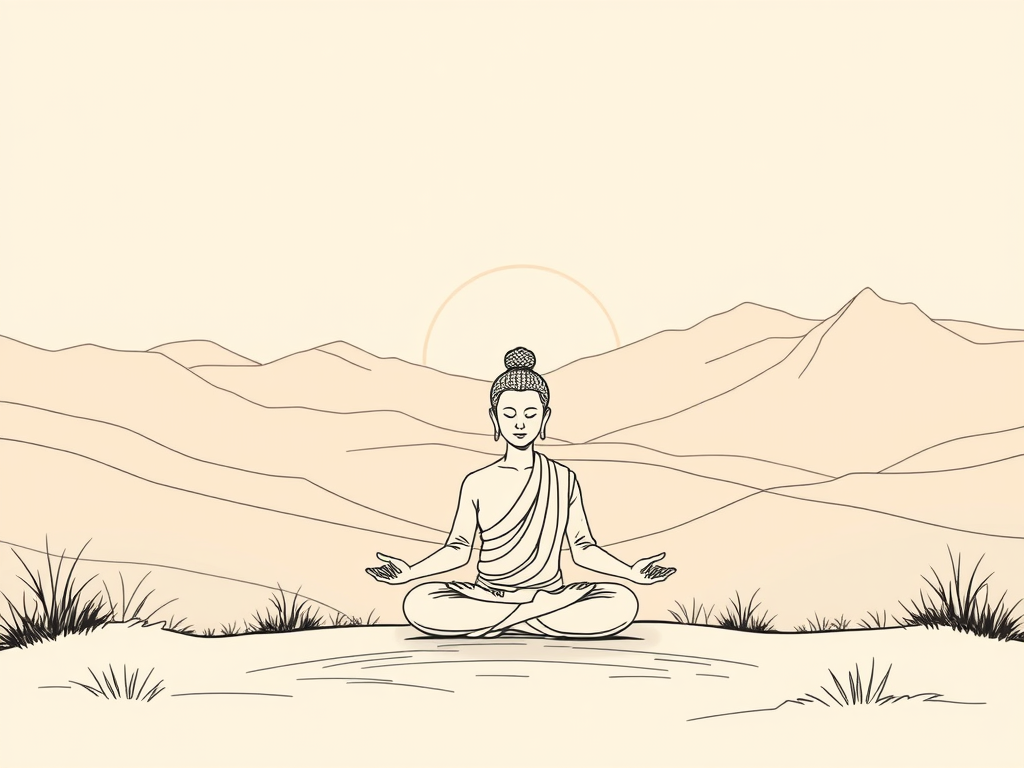
A Personal Share
I was doing some editing tonight and this text flowed out of my hands and I thought it worthy of sharing.
Over 18 months time:
I continue to live through the longest period of unemployment since starting work as a paper boy at age 12, in 1983. I was, and still am, mentally processing a divorce I did not want after 22 years of marriage. I left my family and home behind where I helped raise my 3 boys becoming homeless, living in my car.
All the while fear, anxiety, and depression were present. Suicidal Ideation was a constant companion through much of 2024. There were no weeks off. Not one week where it wasn’t pondered a few days. Never took action, my mind finding some weird calm meditative state in that head space. Strange to admit that the mindset of suicidal ideation became a comfortable headspace to soak inside of.
These experiences have changed me significantly, but you would never see the change, its not superficial, its deep to a quantum level and deeply cathartic. It was a change that had me fetal, rolled up like a pill bug, weeping from the fear of being abandoned and fear of failure for hours at a time, over a period of months.
Long, lingering periods of loneliness despite people all around. Only people I spoke to was anyone at a register—other than those 2 minute or less interactions, you more alone than you have felt as a human, for months on end.
I saw homelessness from an entirely different perspective, and honestly know how every one of those people you see on the streets feel. I need to work on putting that feeling into words. It’s very complex, and now I can understand why people never make it back to society on a level I didn’t know existed.
All of the description of these experiences, while not complete by any means, allowed me to pierce the veil of manufactured lies and truly understand, deeply feel, and begin the long uneasy process of shedding my manufactured ego and send of self.
If you’re not the voice in you’re head, and you’re not the one who is hearing it?
Who are you? And, where are you?
I can sum it up this way. I’ve learned to work the waves and not fight them.
The waves keep coming, and I flow like water. I fall down and get back up.
A personal share will become a regular thing here. Sometimes text, sometimes video. Ya never know.




